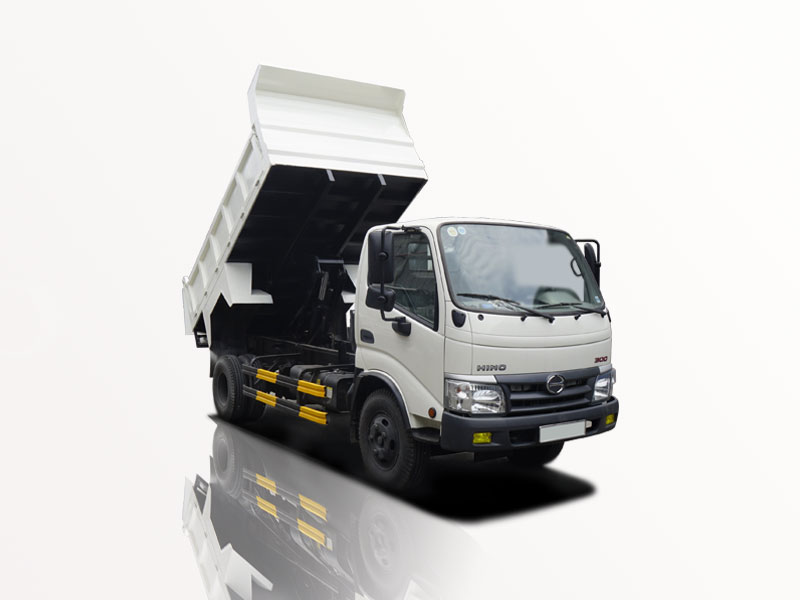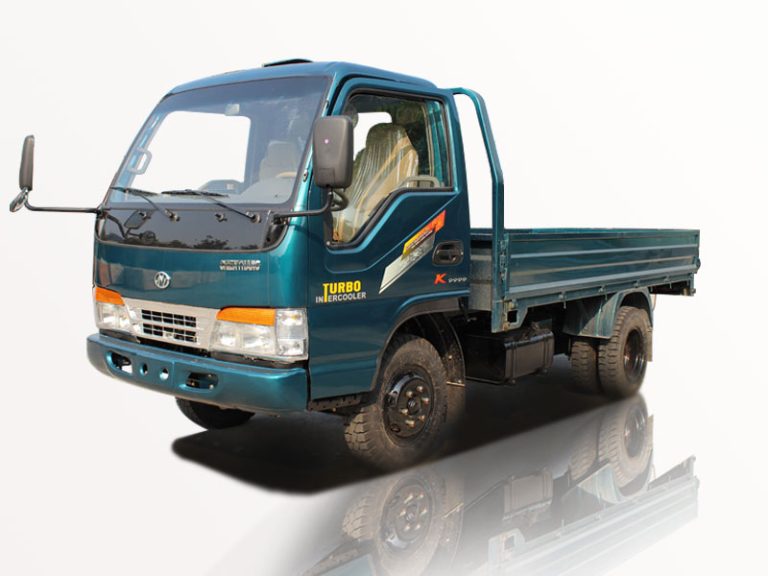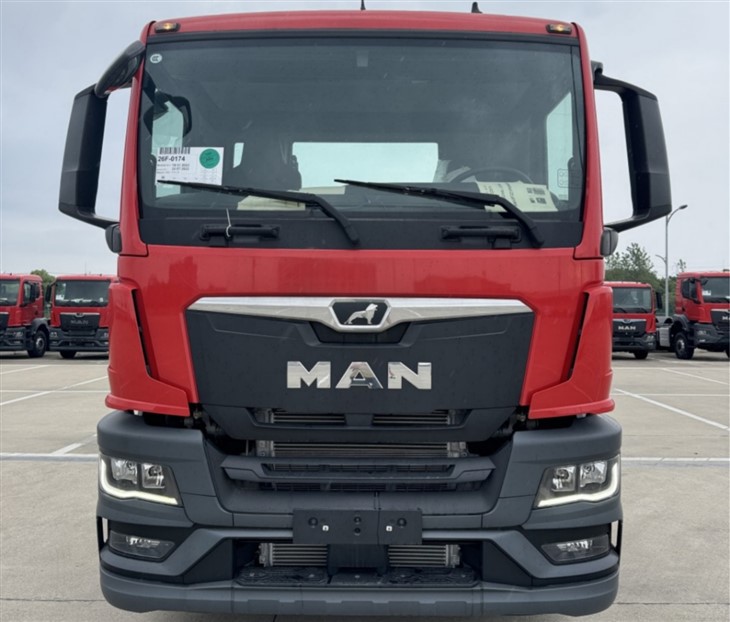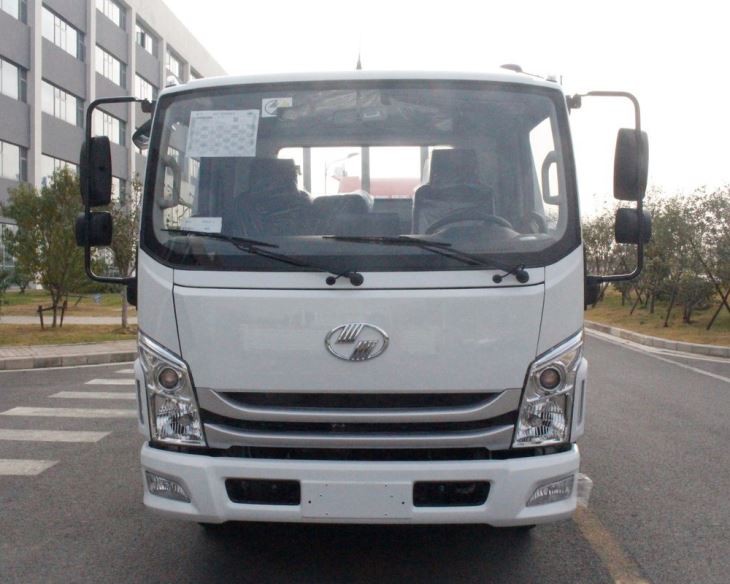Tanker trucks are essential for transporting water across various industries. Whether it’s for construction sites, agricultural needs, or emergency services, understanding how tanker trucks operate, their benefits, and their maintenance can enhance efficiency and safety. In this article, we’ll delve into the details surrounding tanker truck water, covering its functions, types, and practical considerations for users.
What is a Tanker Truck?
A tanker truck is a type of vehicle designed specifically for transporting liquids. These trucks can carry a variety of materials, but when it comes to water, they play a crucial role in ensuring a reliable supply for numerous applications.
Types of Tanker Trucks
There are several types of tanker trucks used for transporting water:
- Standard Water Tanks: Used for general water transportation including potable and non-potable water.
- Firefighting Tankers: Equipped with pumps and hoses specifically designed for firefighting purposes.
- Agricultural Tankers: For hauling water to farms and irrigation systems.
- Construction Tankers: Supplying water for construction sites, dust control, and compaction.
Importance of Tanker Truck Water
Water is essential for many applications across industries. Here are some key reasons why tanker trucks are necessary:
Infrastructure Development
During infrastructure development, water is crucial for mixing concrete, dust suppression, and various other construction needs.
Agricultural Uses
Farmers often rely on tanker trucks to transport water for irrigation, livestock, and crop maintenance, especially in arid regions.
Emergency Services
In emergency scenarios, such as wildfires, tanker trucks can quickly mobilize water to affected areas, providing immediate assistance.
Example
An example of emergency response includes a firefighting tanker truck deploying water to suppress a wildfire, demonstrating the immediate necessity and effectiveness of water transport in critical situations.
How Tanker Trucks Work
Tanker trucks operate using a specialized tank that can hold large volumes of water. The workings of a tanker truck include:
Tank Design
The design of the tank is significant for efficiency and safety. Tanker trucks typically have:
- Comprehensive insulation for temperature control.
- Sealed valves to prevent leaks.
- Easy access for cleaning and maintenance.
Pumping Mechanism
The pumping mechanism allows for efficient loading and unloading of water. It can be operated manually or automatically, depending on the truck’s design.
Loading Water
Loading water generally involves connecting a hose to a water source, activating the pump, and allowing the tank to fill. The process should be monitored to avoid overfilling.
Unloading Water
Unloading typically involves positioning the truck at the desired delivery site, connecting hoses to discharge valves, and releasing the water through the pump system.
Benefits of Using Tanker Trucks for Water Transportation
The use of tanker trucks offers several advantages:
Efficiency
Tanker trucks can transport large volumes of water quickly, saving time and resources compared to other transport methods.
Versatility
These trucks can deliver water to a range of industries, adapting to various requirements such as potable or non-potable water needs.
Cost-Effectiveness
Using tanker trucks can be more cost-effective than permanent installations of water supply systems in remote or temporary sites.
Best Practices for Operating Tanker Trucks
To ensure safe and efficient operation of tanker trucks, consider the following best practices:
Regular Maintenance Checks
Keeping the truck in top condition is key. Regularly check:
- Tires and brakes
- Pumping systems for leaks or malfunctions
- Tank integrity for corrosion or damage
Proper Training for Operators
Ensure that operators are trained in both driving the truck and handling the liquid load, understanding factors like weight distribution and safety regulations.
Adherence to Safety Protocols
Follow all local regulations regarding water transportation, including safe loading/unloading procedures and the use of appropriate signage.
Environmental Considerations
The transportation of water using tanker trucks carries environmental implications:
Water Sources Protection
When filling tanks, monitor water sources to protect against potential depletion or contamination, ensuring sustainable practices.
Reducing Carbon Footprint
Employing energy-efficient trucks and optimizing routes can significantly reduce the carbon footprint associated with water transportation.
Future Trends in Water Transportation with Tanker Trucks
As technology evolves, the future of tanker truck water transportation may include:
Electric Tanker Trucks
There is an emerging market for electric tanker trucks that promise reduced emissions and lower operational costs.
Smart Technology
Integration of GPS and real-time tracking systems for improved logistics and monitoring of water levels could optimize operations further.
Cost Factors in Tanker Truck Water Transportation
The cost of utilizing tanker trucks for transporting water involves several components. Consider the following:
Operational Costs
Include fuel, maintenance, driver salaries, and insurance. It’s important to calculate these before budgeting for water transport.
Cost of Water
Water rates may vary by location and source. Understanding local pricing will help to estimate overall costs accurately.
Example Table of Costs
| Cost Factor | Estimated Cost |
|---|---|
| Fuel (per gallon) | $3.50 |
| Driver Salary (per hour) | $20.00 |
| Water (per gallon) | $0.005 |
| Maintenance (annual) | $2,000.00 |
FAQ about Tanker Truck Water
What types of water can be transported in tanker trucks?
Tanker trucks can transport various types of water, including potable water for human consumption, non-potable water for agricultural use, and water used in construction.
How do I choose a tanker truck for my needs?
Consider the volume of water you need to transport, the type of water (potable vs. non-potable), and the specific applications involved, such as emergency services or construction.
What are the regulations regarding water transportation?
Regulations vary by location and can include permit requirements, safety standards, and specific guidelines for transporting potable water. Always check with local authorities.
How can tanker trucks affect the environment?
Transportation of water can lead to concerns regarding water source depletion, potential contamination, and carbon emissions. It’s essential to adopt sustainable practices.
Is it expensive to operate a tanker truck?
Operational costs can vary widely based on fuel prices, maintenance needs, and labor costs. Initial investment and ongoing expenses should all be considered when budgeting.
Can tanker trucks be used for long-term water supply?
While tanker trucks are excellent for short-term or emergency water supply, they may not be the most cost-effective solution for long-term use when compared to permanent infrastructure.



